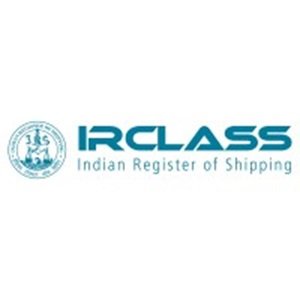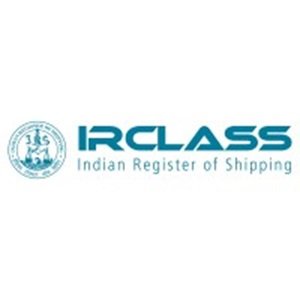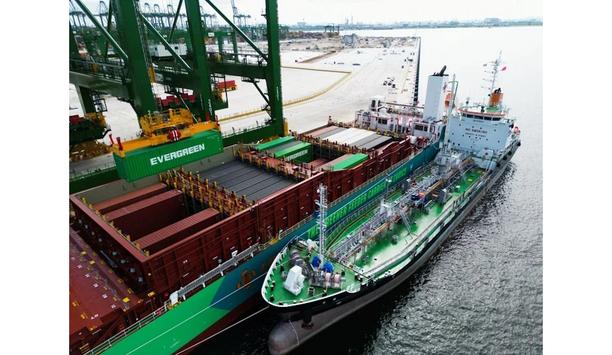Indian Register of Shipping (IRS) is pleased to announce its successful collaboration with Mazagon Dock Shipbuilders Limited (MDL) on the pioneering technology demonstration of an Autonomous Navigation system with dual navigation capabilities on MDL the tug MT Andaman.
IRS team led by Mr. R. Srinivas, VP & HOD Electrical & Control System, conducted a thorough review of the autonomy concept, system documentation, software quality documentation, and a detailed risk assessment by IRS Guidelines for Remotely Operated Vessels and Autonomous Surface Vessels.
Autonomous Navigation System software
The autonomous configuration also includes a Remote-Control Centre (RCC)
IRS rigorously tested the Autonomous Navigation System software at the manufacturer's development centre through simulation, per the approved Factory Acceptance Test procedure.
The autonomous configuration also includes a Remote-Control Centre (RCC), specifically designed to control or monitor the vessel remotely.
IRS verified system functionality
Subsequent to installation of the autonomous systems on board the tug, the IRS verified system functionality per the approved Harbor Acceptance Test procedure.
Remote control of propulsion and steering systems from the RCC and monitoring key machinery, navigation parameters, and situational awareness system at the Remote Control Centre were also verified during harbour trials.
Sea Acceptance Test procedure
IRS witnessed the autonomous sea trials of the MDL tug on 23rd and 24th May 2024, as per the approved Sea Acceptance Test procedure. The trials successfully demonstrated collision avoidance by the International Regulations for Preventing Collisions at Sea (COLREG), alongside various emergency response measures, such as handling the loss of primary controls and communication with the RCC.
The Indian Navy provided essential support during these sea trials by deploying an interceptor boat, contributing to the safety and success of the testing process.
Safety and quality standards
As demand for autonomous vessels grows in mission-critical operations, developing such systems presents significant opportunities within the defence sector. The Government’s 'Make in India' initiative further enhances prospects for Indian system developers and shipyards.
Cdr. K.K. Dhawan, Head of Defence of IRS said, “This collaboration underscores IRS's commitment to advancement in the Indian maritime industry through cutting-edge autonomous technology. Leveraging the experience gained from this and similar projects, IRS is well-positioned to assist the industry in developing advanced autonomous systems while ensuring compliance with stringent safety and quality standards."












